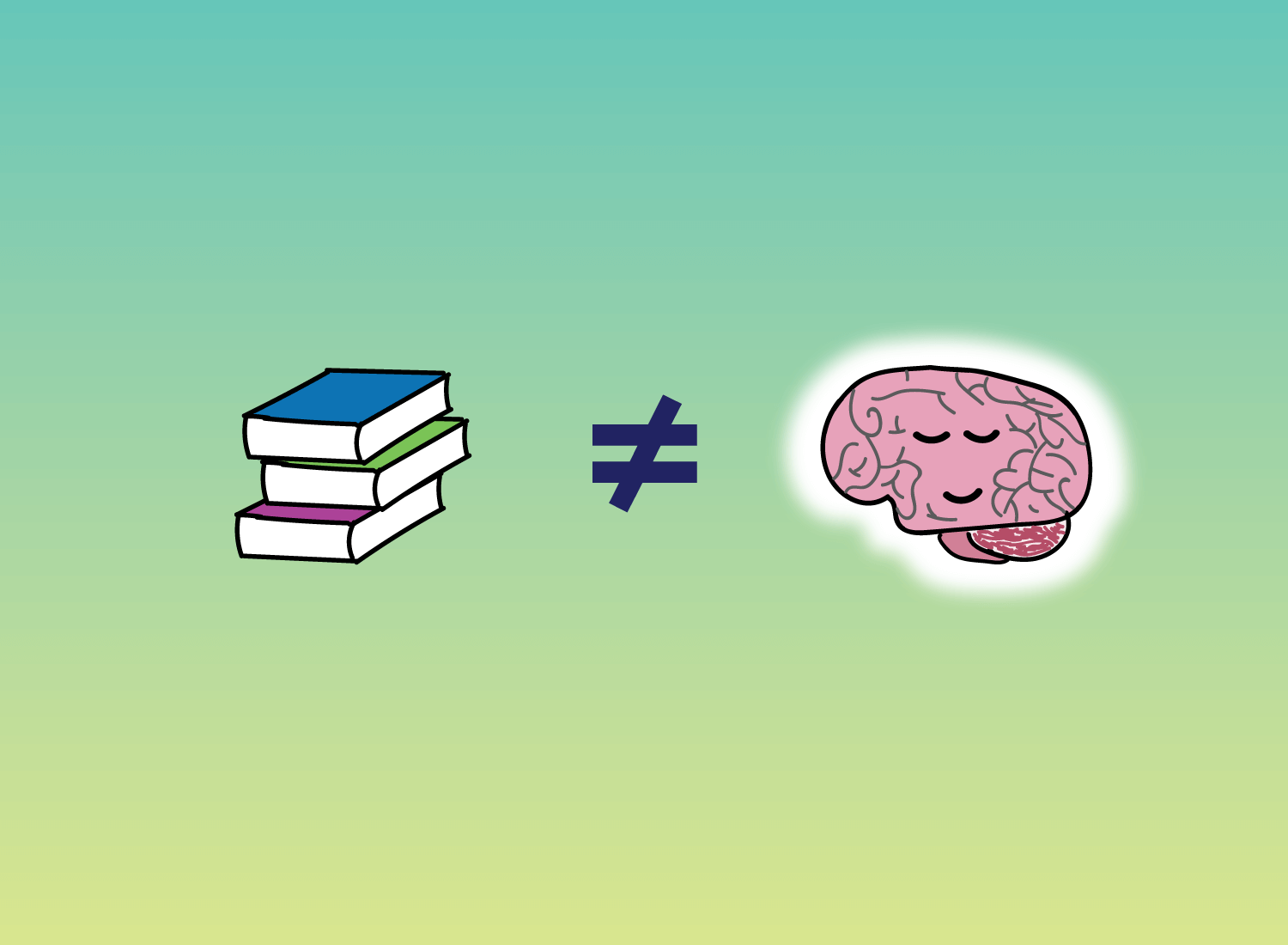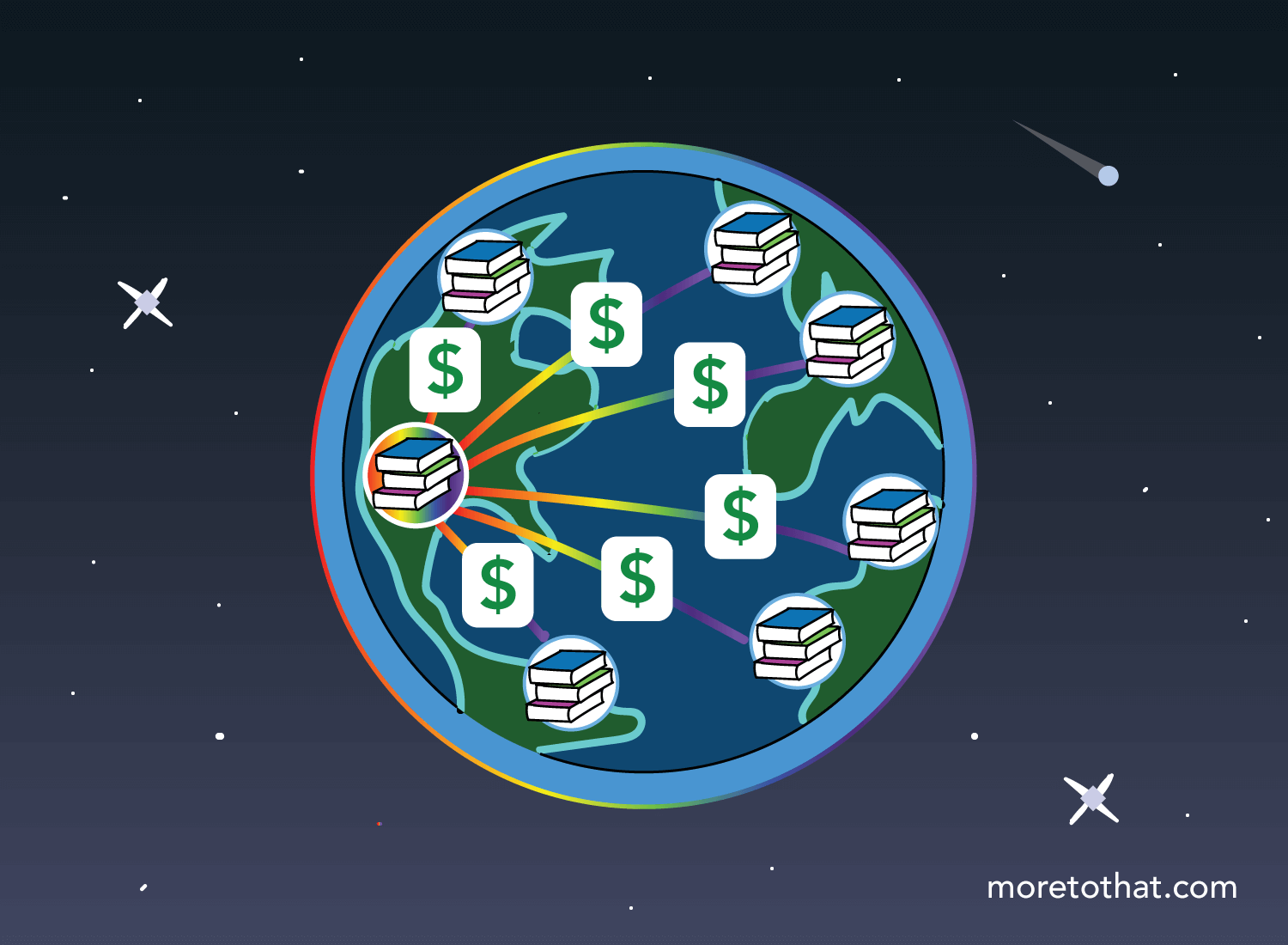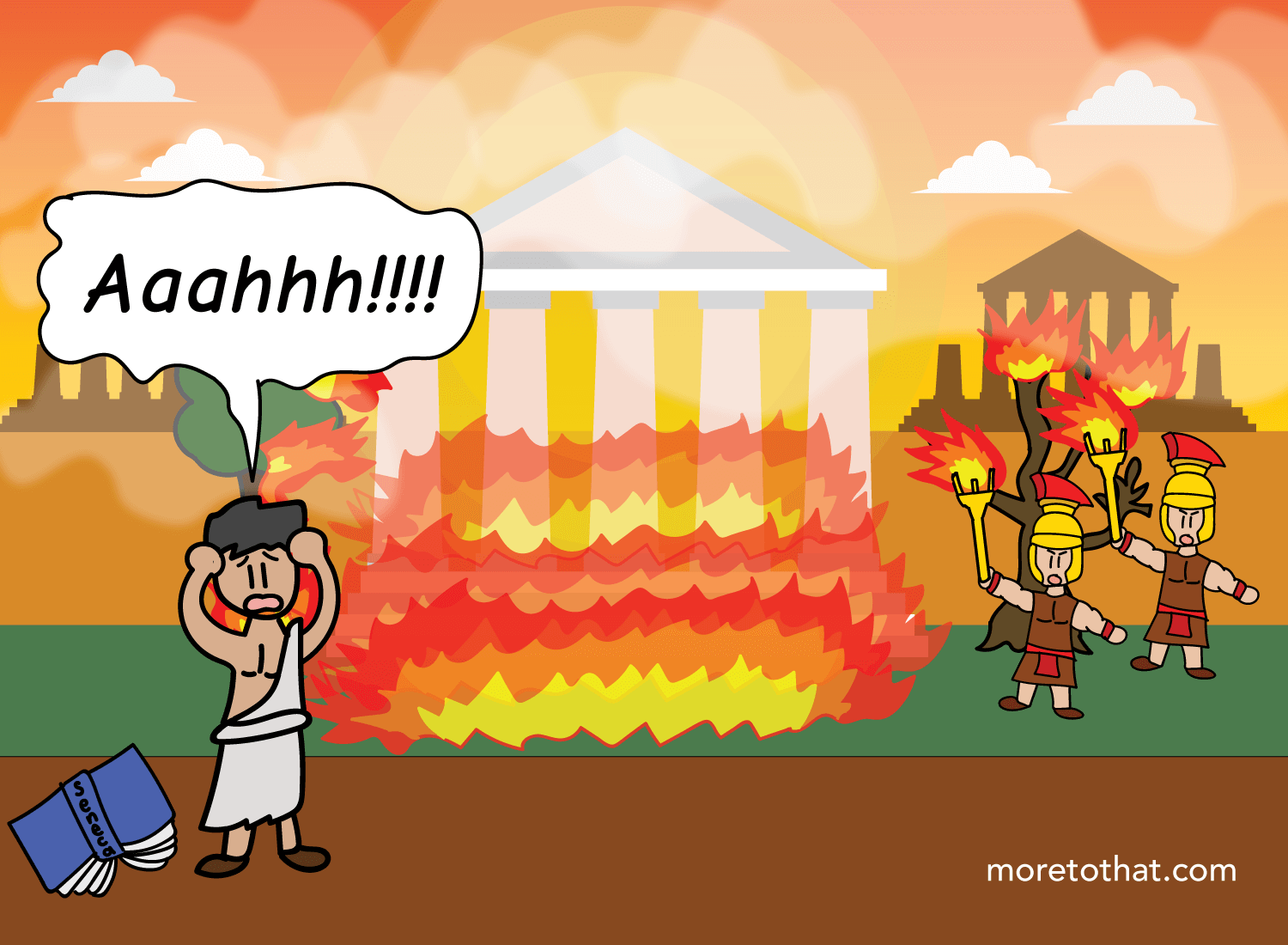Knowledge Is Not Understanding
The pursuit of knowledge is heralded as a virtue, but the attainment of understanding is far more important.
To explain what I mean here, we have to first delve into the difference between knowledge and understanding. On its surface, it may seem like a game of semantics, but if you explore this further, you’ll see that the nuances make all the difference.
The first question to address is: How do we attain knowledge?
Well, there are many ways we can approach this question, but a good place to start would be the current educational system.
When you’re given a textbook, you’re effectively given a history of discoveries. It doesn’t matter what the content of that book may be: psychology, math, philosophy, linguistics, whatever. What you have in there is a distillation of theories and findings that other humans have happened upon.
In other words, you have a long recounting of experiences that are not your own. And in order for these experiences to make sense for the everyday student, they need to be compressed into a digestible format. A great textbook plays the game of simplification, not complexity. The more these experiences can be communicated as stories, the greater the likelihood that they’ll be adopted for mass market use.
So any textbook you read has the forces of compression and incentives embedded into it. The removal of complexity and the generation of profit guide the distribution of knowledge, however subtly it may be.
What this means is that the way we absorb knowledge is dependent upon what others have deemed valuable. The scholars that put together these textbooks decide what pieces of information to include, and market forces determine which textbooks make it to each school. What the student is left with is the result of this piecemealing and marketing that has disguised itself as truth.
In this form, knowledge is not understanding. It’s merely an abstracted version of someone else’s lived experience; symbols on a page that attempt to summarize the nuances of each discovery.
So this begs the question: What, then, is understanding?
Well, true understanding can only be attained through personal experience. It’s when you viscerally feel the implications of your decisions and actions, and see how they ripple through other human beings. It’s when you realize that the profundity of what you read may not translate properly into the messy sphere of reality.
I was talking to someone the other day and she mentioned the idea of a “dumb smart person,” and I laughed upon hearing it. Essentially, it’s a funny way of articulating the difference between knowledge and understanding.
We all know the person that aced their way through school, got a prestigious job, but can’t hold a substantive conversation to save their lives. Or someone that makes a lot of money but has left behind a trail of broken relationships.
When you’re knowledgeable, you’ve accumulated a body of information that has been pre-selected for you. But it makes you feel smart because it translates well to prestige and financial viability. That makes sense, given that the distributors of that knowledge have practicality at the center of their motives.
But all that knowledge breaks down when you have to face a situation that isn’t addressed in any textbook. Like how to mend a broken marriage. Or how to help a grieving friend. Or how to deal with the growing feeling that your job doesn’t define who you are.
You can read Seneca a hundred times and think you’re now prepared for calamity, but that’s just knowledge disguised as understanding. One actual calamity will prove how little those hundred readings did to prepare you for the rush of emotions that strike you upon first contact.
It’s no secret that I read a lot, but it’s also no secret that I don’t take these words too seriously. No matter how much wisdom you gain from the pages of your favorite author, if you haven’t experienced the visceral events that led to that wisdom yourself, then it’s just knowledge. Sure, you can leverage the hard-earned wisdom of others to help you, but understanding only happens when you earn that wisdom in the tumultuous arena of real life.
I recognize the irony here of describing understanding through words, and you being the person that’s internalizing it as knowledge. But with that said, therein lies the value of writing. Writing is an attempt to share your lived experience with others, which makes you face the blind spots in your own thinking in real-time. When you write, it becomes clear which pieces of knowledge have simply been borrowed from another person. Whether it’s in the form of a quote or an entire concept, you recognize the gap between your own knowledge and understanding.
Ultimately, it’s this awareness of the gap that makes all the difference. We are all conditioned to some degree, but we often deceive ourselves into thinking that we independently arrived at our conclusions. The reality is that much of what we know has been derived from shortcuts, and not from a deep exploration of our own minds.
Because in the end, it’s only through self-exploration where lasting wisdom can be found. No book – regardless of its profundity – can act as an adequate substitute for that.
_______________
_______________
For three more posts of this nature:





